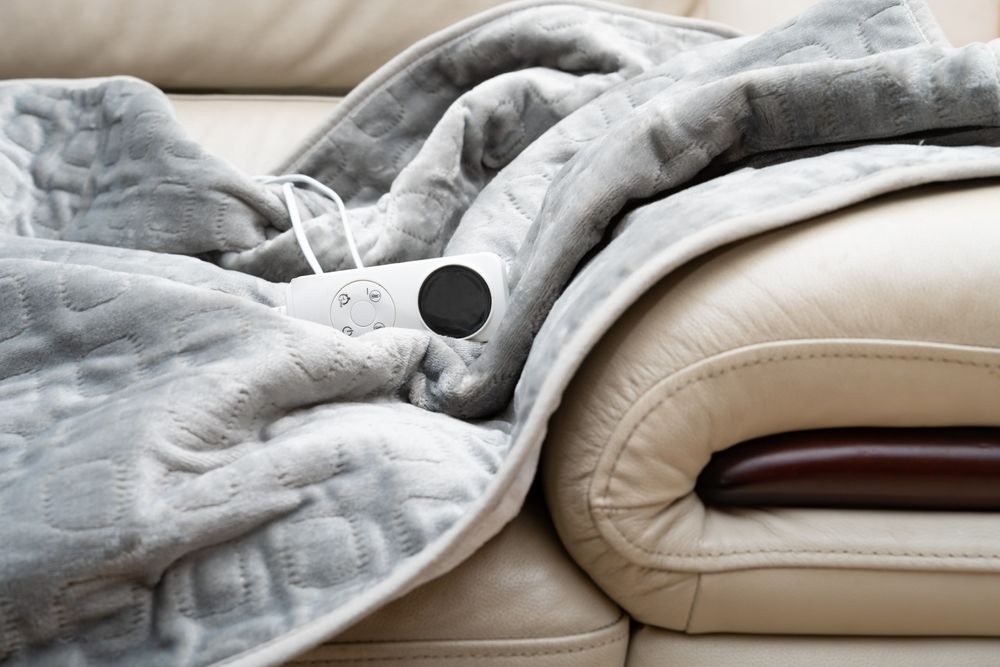Household routines—those daily and weekly tasks we do without thinking—can quietly drain our budgets. Small habits like leaving lights on, buying convenience items, or running half-full laundry loads can add up to significant yearly costs. The good news? By making small, intentional changes, you can save hundreds (or even thousands) each year without sacrificing comfort or convenience. Here’s how to rethink your everyday routines to keep more money in your pocket.
Audit Your Daily Habits First
The first step to saving money on household routines is simply noticing where your money goes. Many people overspend because they’re unaware of costly habits.
-
Track your typical day for a week. Note how often you run appliances, buy takeout, or use disposable items.
-
Look for patterns—maybe you’re doing small loads of laundry daily, or running the dishwasher half-empty.
-
Identify “lazy” spending triggers, like convenience foods or forgetting to turn off lights.
Awareness helps you decide where small changes can add up to big savings.
Cut Back on Energy Waste
Electricity and gas bills are a major monthly expense, but small routine changes can lower them.
-
Turn off lights and electronics when not in use. Smart plugs or power strips make this easy.
-
Switch to LED bulbs, which last longer and use less power.
-
Adjust your thermostat: lower it in winter, raise it slightly in summer.
-
Wash clothes in cold water and air dry when possible.
-
Run full loads in the dishwasher and washing machine to save both energy and water.
Even small adjustments—like unplugging unused chargers—can save hundreds annually.
Streamline Grocery Shopping and Meal Prep
Grocery spending can spiral out of control without a plan. Simple meal routines save both time and money.
-
Plan meals weekly and shop with a list to avoid impulse buys.
-
Cook in batches and freeze portions to avoid expensive takeout on busy nights.
-
Buy in bulk for staples like rice, beans, or pasta.
-
Use loyalty cards or apps for discounts and coupons.
-
Avoid food waste by using up leftovers creatively.
A little planning cuts down on overspending and keeps your household fed for less.
Reduce Disposable Products
Single-use items are convenient but costly over time.
-
Replace paper towels with washable cloths or old t-shirts.
-
Use reusable water bottles and coffee cups instead of buying bottled drinks or takeout coffee daily.
-
Try washable mop pads and cleaning cloths instead of disposable ones.
-
Invest in durable food storage containers instead of single-use plastic bags.
These swaps save money and reduce waste, helping both your budget and the environment.
Reevaluate Subscription Services
Monthly subscriptions for streaming, apps, or even household deliveries can sneak up on you.
-
List all recurring subscriptions and decide which you truly use.
-
Pause or cancel ones you don’t need every month (you can always restart later).
-
Share streaming accounts or family plans when possible.
-
Look for free alternatives to paid apps or services.
Even canceling one or two underused subscriptions can save hundreds each year.
Do Basic Home Maintenance Yourself
Routine upkeep keeps your home running smoothly and prevents costly repairs—but many tasks don’t require professionals.
-
Change air filters regularly to keep your HVAC efficient.
-
Clean dryer vents to reduce fire risk and save energy.
-
Learn simple fixes like unclogging drains or tightening loose fixtures.
-
Watch tutorials for easy DIY repairs before calling a handyman.
A bit of proactive maintenance in your weekly routine can prevent expensive breakdowns.
Simplify Laundry Habits
Laundry is a necessary routine, but it can waste energy, water, and money if done inefficiently.
-
Wash only full loads to maximize machine efficiency.
-
Air dry clothes when possible to extend their life and cut dryer use.
-
Use the right detergent amount—too much doesn’t clean better and wastes money.
-
Wash in cold water to reduce energy costs and protect fabrics.
Small tweaks here can lower bills and help clothes last longer.
Rethink Cleaning Routines
Cleaning doesn’t have to mean expensive products and tools.
-
Make DIY cleaners using vinegar, baking soda, and castile soap.
-
Use microfiber cloths that last through hundreds of washes.
-
Tidy up a little each day to reduce the need for costly deep-cleaning services.
-
Invest in a few versatile tools instead of multiple specialized gadgets.
A simple, consistent routine keeps your home clean and your spending in check.
Cook and Brew at Home More Often
One of the biggest household spending drains is food and drinks bought outside.
-
Start your morning coffee routine at home instead of hitting a café.
-
Prep grab-and-go breakfasts and snacks to avoid convenience store runs.
-
Plan themed dinners (like pasta night or taco night) to keep meals fun and affordable.
-
Bring lunch to work to avoid pricey daily takeout.
Even swapping three café visits a week for home-brewed coffee can save over $500 annually.
Embrace the “Repair, Don’t Replace” Mindset
Many households spend unnecessarily by replacing items instead of fixing them.
-
Learn simple sewing to repair clothes.
-
Glue or tighten loose furniture instead of tossing it.
-
Replace small appliance parts (like blender blades or filters) instead of buying new ones.
-
Use YouTube or DIY forums for basic repair guidance.
A repair-first habit saves money and extends the life of your belongings.
Schedule “No-Spend” Days
Building no-spend days into your household routine helps curb impulse spending.
-
Pick one or two days a week to avoid unnecessary purchases (takeout, shopping, entertainment).
-
Focus on free activities like family game nights, home-cooked dinners, or DIY projects.
-
Challenge yourself to use only what you have in the pantry or freezer.
These days reset spending habits and highlight how often money flows out for convenience.
Common Mistakes to Avoid
-
Buying organizers before decluttering: You end up paying for unnecessary storage.
-
Doing small, frequent loads of laundry or dishes: Wastes water and energy.
-
Forgetting about subscriptions: Small charges add up quickly.
-
Paying for convenience too often: Pre-chopped produce, takeout, and bottled drinks add up.
-
Skipping routine maintenance: Leads to costly emergency repairs.
Avoiding these traps keeps everyday life affordable and predictable.
You don’t need drastic lifestyle changes to save money at home—just smarter routines. By cutting energy waste, streamlining groceries, reducing disposables, managing subscriptions, and embracing DIY maintenance, you can keep your household running efficiently while spending less. Small habits—like washing full loads, planning meals, and brewing coffee at home—quickly add up to big annual savings. Over time, these adjustments can free up extra cash for savings, debt repayment, or family fun.





